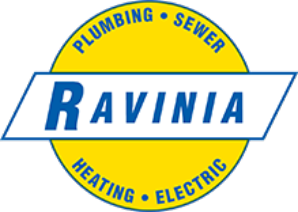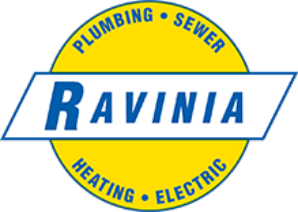
The National Oceanic and Atmospheric Administration cites flooding as the costliest and most common natural disaster in the U.S. Here are some things you can do to protect your home and family.
Buy Flood Insurance
The standard homeowner’s insurance policy does not cover damage from floods. To cover flood damage, buy flood insurance, a separate policy backed by the National Flood Insurance Program (NFIP).
Protect Electrical Systems
Go to the Federal Emergency Management Agency’s (FEMA) website to determine the anticipated flood level for your property. Everything belonging to your electrical system – switches, sockets, etc. – should sit one or more feet above flood level. Likewise, modify your HVAC appliances to sit at least one foot above the flood level of your property.
Don’t forget outdoor equipment like air-conditioning units, fuel tanks and generators. Anchor them securely so they don’t break free in a flood. Raise generators and electrical power units above ground to protect them from floodwater damage.
Grade Properly
How does water flow around your house? Your yard should be graded so water runs away from the foundation. Does water pool in the street in front of your property? Talk with your city or county environmental planning department. They can take measures to improve water flow in your neighborhood. Clean out gutters and drains to allow water to flow easily through them. Turn downspouts away from the house to prevent water from pooling around your foundation.
Install a Sump Pump
Sump pumps keep heavy rains from seeping into your basement. Be sure your pump supports battery backup to keep it working when the electricity goes out.
Wet-Proof and Dry-Proof Your Home
Wet-proof your home by installing additional foundation vents that allow water to flow through your house rather than putting pressure on your foundation walls. Dry-proof you home by applying sealants to your foundation and around doorways and windows.
Add Check Valves on Your Pipes
Sewage from flooded sewage systems can back up into your house. To avoid this nasty problem, add check valves on all the pipes entering your home. Experts recommend gate over flap valves for a better seal.
You can’t wish those clouds away, but you can take a few precautions to minimize the damaging impact of a flood.




